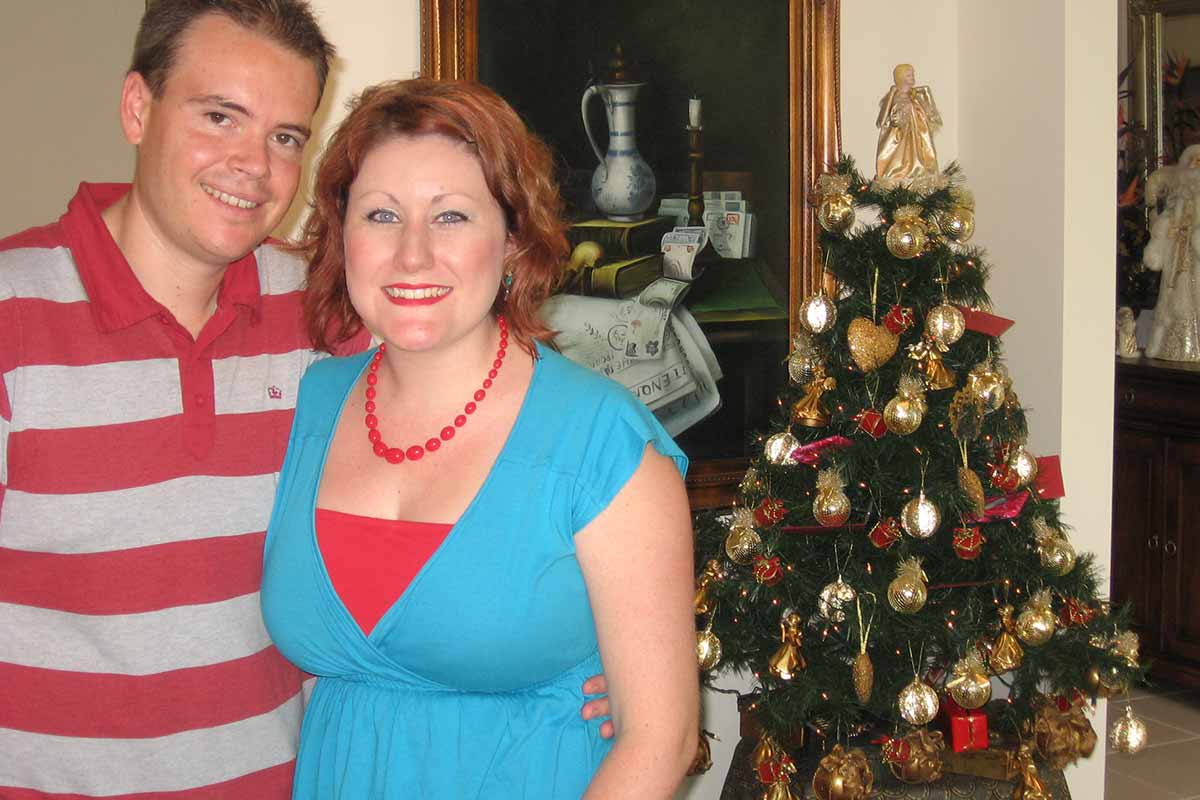9 October 2015
“Our lives changed in an instant”
Every donation is unique and personal. For Megan Cairney, it’s about building a brighter future for young Aussies with high care needs. Megan shares her story and the personal reasons why she supports Youngcare.
“It was just 24 days since Paul and I had got married and we were enjoying our honeymoon in London. Christmas Day, 2007 and disaster struck. Paul fell down a flight of stairs resulting in a traumatic brain injury.
Our life just changed in an instant. It was an incredibly long haul getting Paul back home to Australia, and when we did, reality really set in. Paul spent 18 months in a hospital surgical ward with little improvement to his condition, and after going through all the channels government had to offer, we came to terms with the fact that aged care was the only option for Paul, who was aged just 30.

Megan with Paul
We knew that once Paul left hospital to go into a nursing home that his health would deteriorate; it was just three months after he moved into the nursing home that he passed away.
Aged care was a double-edged sword for us; it provided a more dignified way of saying goodbye to Paul than a hospital would have, but we had had no real choice. It was the only option.
It is irrational to me that we live in a developed country where there is so limited dignified support for young people with high care needs. Young people shouldn’t be forced to live in a place that’s not right for them.
I wanted to donate to Youngcare because it aligns so well with what happened to us. My story reflects what can happen if there aren’t suitable places for young people to live.
Through their accommodation solutions and grants programs, Youngcare is addressing where the system is failing in a very practical, pragmatic and sensible way. There is a solution, and Youngcare has undertaken the research, has the model of care and housing, and knows it works.
What happened to Paul could happen to anyone, at any time. We don’t think it but we are all completely vulnerable, and when there is a systematic flaw in the way we manage this group of people, it’s our duty to make sure we fix it.”













